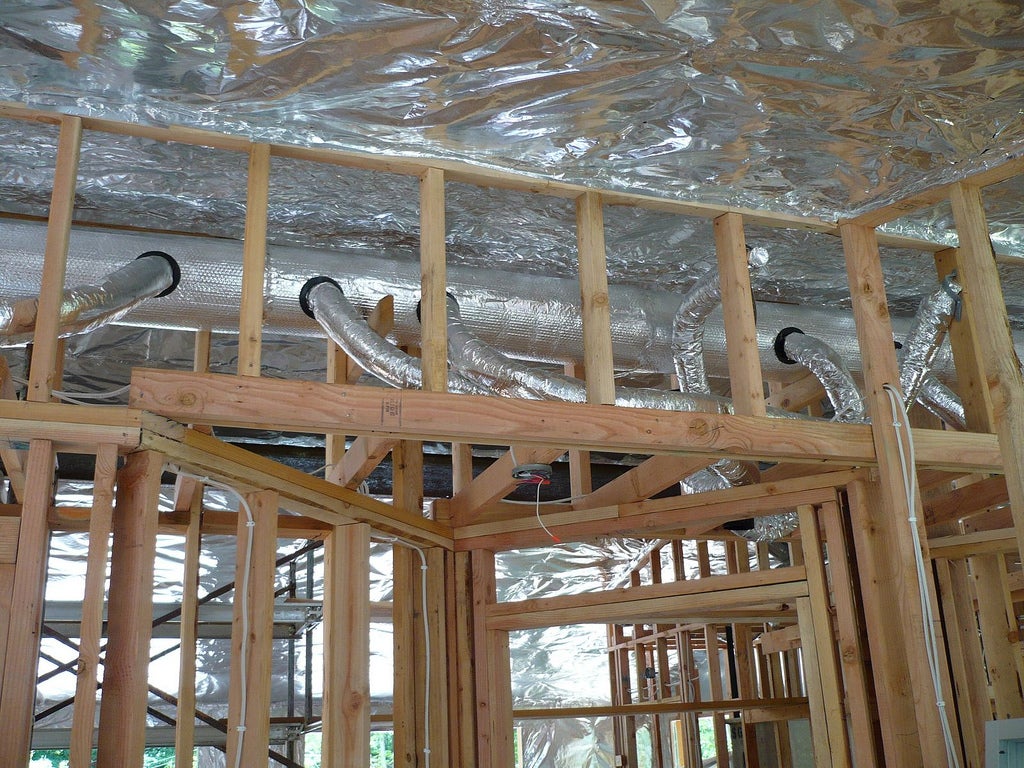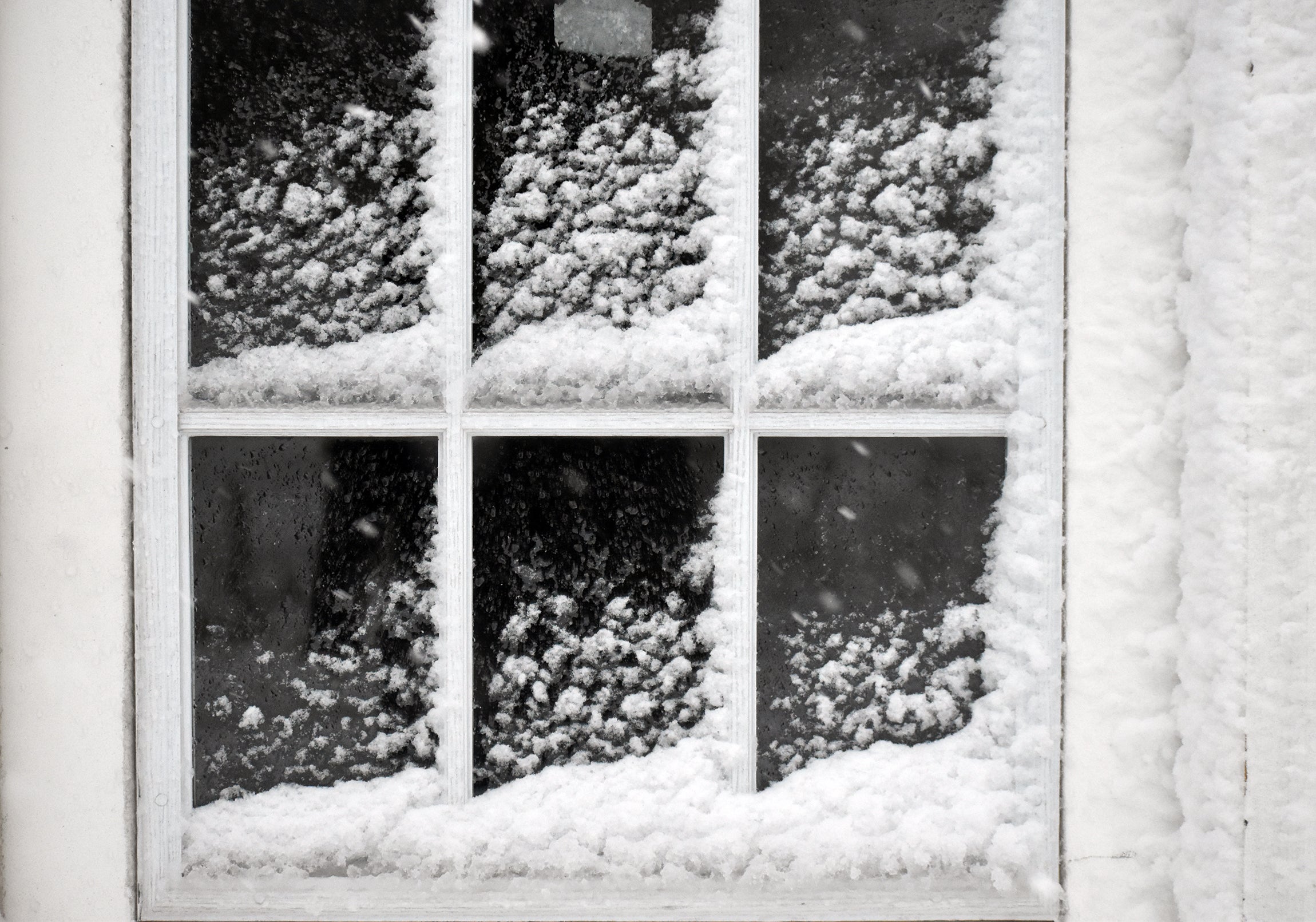According to our home improvement guest, your house is a big hot air balloon! We’ll be talking about sealing your home to reduce energy use and taking your questions.
Featured in this Show
-
To Make A House More Energy Efficient Starts In Attic, Home Inspector Says
If a person wants to make their house more energy efficient, look up. The attic is the best place to start, according to a Wisconsin home inspector.
“A house is like a hot air balloon because heat rises,” said John Freiburger, a registered home inspector. “And so in an older house, we find a lot of pressure on the second floor, (with air) going out through the windows and up into the attic.”
He said to reduce this air flow, many homeowners will replace their windows and add insulation to their attic. Usually, these steps don’t have much of an effect.
“The problem is the air currents are still moving and going right through the insulation. Fiber glass makes a great filter, but it is not an air barrier,” Freiburger said.
He added that when it comes to new windows, most of them are really well built and tightly sealed, but the manufactures don’t provide instructions on how to correctly put in the windows, so most of the time there as a huge amount of air that leaks out around the window.
“Houses really leak. I’m working on one right now that when we pressurized it, it had 14 air changes per hour. Can you imagine trying to heat that house on a windy day?” said Freiburger. “And this is a house that just had new replacement windows put in!”
So, how do people keep energy costs from going through the roof? He suggests owners have a blower door test done by an energy inspector. The test pressurizes the house to see where the leaks are so they can be sealed.
And most of the time, the air is going up and out through the windows and attic.
Freiburger said the best place start is at the top. He suggests sealing off the attic with a two-part spray foam that is put down on the floor of the attic. This provides a thermal barrier, an air barrier and a vapor barrier.
“On top of that we can put cheap cellulose insulation and suddenly we have a R 50 (energy rating),” he said. “If the attic doesn’t leak (air), what we find is that less air is coming through the basement.”
This keeps the warm air in the house longer.
Another benefit of sealing off the attic, said Freiburger, is keeping critters and what they leave behind in the attic and not in the house. And because the warm air from the house isn’t mixing with the cold air in the attic, there is less chance of moisture forming. Moisture in the attic is the perfect environment for mold to grow, he added.
“If we have an air barrier, then our attic is separate from our house and anything that is toxic up there is not going to come down to affect us,” he said.
Episode Credits
- Larry Meiller Host
- Jill Nadeau Host
- Jill Nadeau Producer
- John Freiburger Guest
Wisconsin Public Radio, © Copyright 2026, Board of Regents of the University of Wisconsin System and Wisconsin Educational Communications Board.

